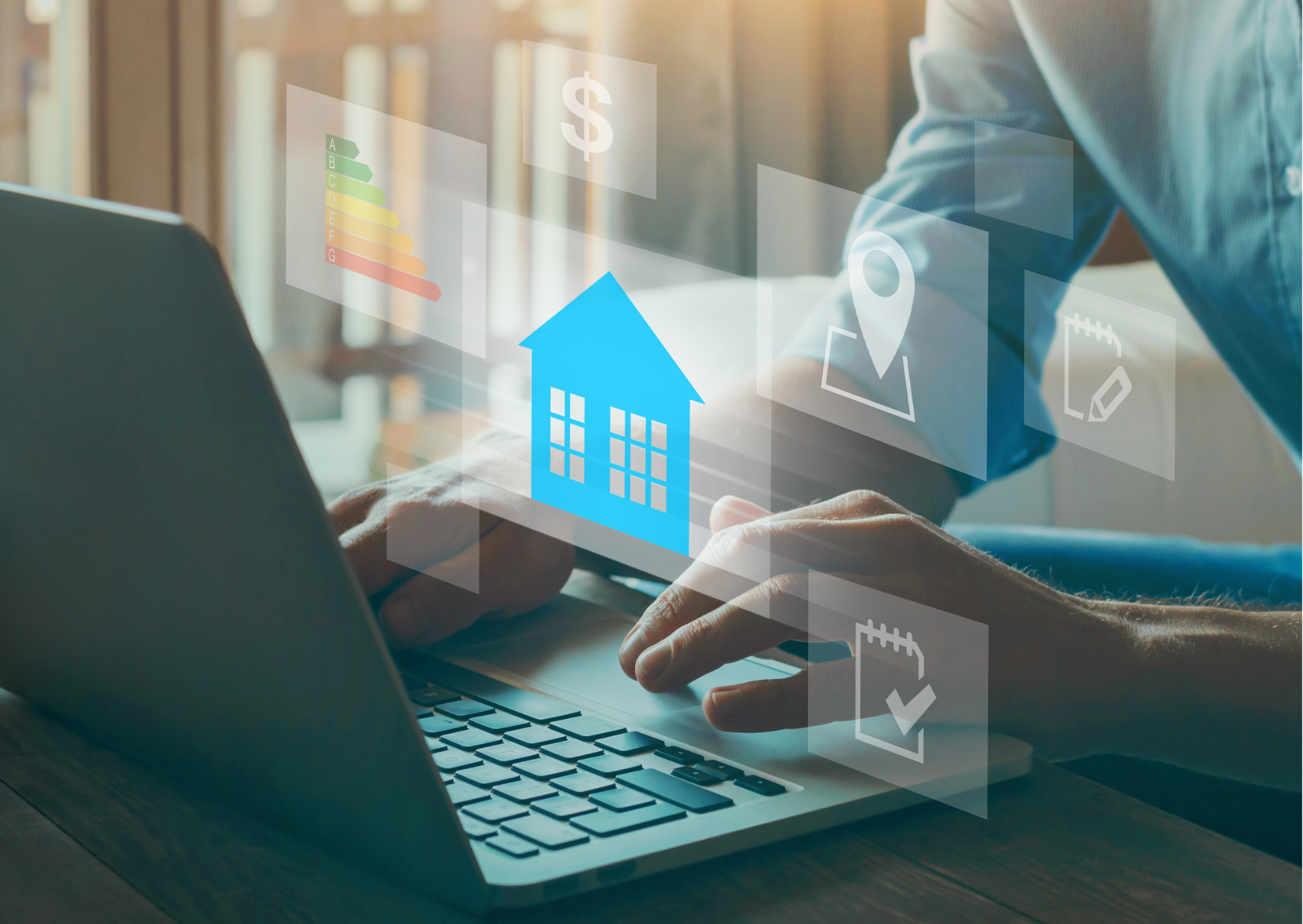Blog > The Future Unveiled: Real Estate's Transformational Trends and Technologies
The Future Unveiled: Real Estate's Transformational Trends and Technologies
by

Welcome to an all-encompassing guide that reveals the path to the future of real estate, delving into the profound trends and groundbreaking technologies shaping this industry. Within these pages, we will explore the remarkable advancements that are revolutionizing the ways in which we engage, buy, and sell properties. Prepare to embark on a journey where unprecedented opportunities and challenges await buyers, sellers, and industry professionals alike.
Emerging Trends and Technologies: A Constantly Evolving Landscape
Real estate, as an industry, consistently adapts to the ever-changing needs and demands of the market. In recent years, numerous emerging trends and technologies have emerged, reshaping the very fabric of real estate transactions and property management. Let us now delve into the key driving forces that are propelling the future of real estate.
A Paradigm Shift: The Rise of Sustainable and Green Buildings
As the environment assumes a prominent role in our collective consciousness, the emergence of sustainable and green buildings marks a monumental shift within the real estate industry. Visionary developers and builders are infusing eco-friendly features and energy-efficient technologies into their projects. These endeavors aim not only to diminish the carbon footprint but also to attract discerning buyers with a profound appreciation for the environment. From solar panels and rainwater harvesting systems to verdant roofs and energy-conserving appliances, sustainable buildings are altering the landscape of real estate.
Enhancing Convenience and Efficiency: The Era of Smart Homes
The ascent of smart home technology heralds a revolution in the way we inhabit and interact with our living spaces. These intelligent abodes are adorned with interconnected devices and systems that empower homeowners to effortlessly govern various aspects of their homes from afar. Voice-activated assistants and automated lighting foster an ambiance of convenience, while intelligent security systems and energy management tools ensure a heightened sense of security and optimal energy utilization. By seamlessly integrating artificial intelligence and the Internet of Things (IoT) into real estate, we are bestowed with a future wherein homes anticipate and cater to the unique needs of their inhabitants.
A New Dimension: The Fusion of Virtual Reality and Augmented Reality
The realms of Virtual Reality (VR) and Augmented Reality (AR) have gracefully permeated the real estate industry, offering immersive and interactive experiences to prospective buyers, sellers, and agents alike. Employing VR and AR technology, potential buyers can embark on virtual tours of properties without physically leaving their abodes. These cutting-edge technologies enable them to vividly envision renovations and interior designs, empowering them to make informed decisions. Real estate agents, too, harness the power of these technologies to showcase properties to clients situated far and wide, thereby saving invaluable time and resources. The marriage of VR, AR, and real estate effectively bridges the chasm between physical and digital experiences, redefining the way we explore and engage with properties.
Revolutionizing Transactions: The Blockchain Technology
Blockchain technology, known for disrupting various industries, now permeates the realm of real estate. Its decentralized and transparent nature obviates the need for intermediaries, simplifying property transactions. Powered by blockchain, smart contracts secure and expedite property transfers, reducing instances of fraud and cultivating trust among all involved parties. The immutable ledger characteristic of blockchain technology ensures the authenticity and precision of property records, thus streamlining the entire buying and selling process. As blockchain matures, its potential to reshape the future of real estate transactions becomes increasingly apparent.
The Dawn of Artificial Intelligence in Property Management
Artificial Intelligence (AI) is making remarkable strides within property management, enabling real estate professionals to optimize operations and deliver unparalleled services. AI-powered property management systems seamlessly automate administrative tasks, such as rent collection and maintenance requests, liberating property managers to devote their time and expertise to strategic endeavors. AI algorithms diligently analyze market trends and data, providing valuable insights regarding property values and investment prospects. By integrating AI into property management, efficiency, accuracy, and customer satisfaction reach new heights.
Aerial Perspectives and Inspections: Harnessing the Power of Drone Technology
Drones have revolutionized the manner in which we perceive and inspect properties. These unmanned aerial vehicles offer breathtaking aerial footage and captivating images, endowing potential buyers with a unique and compelling perspective of properties and their surroundings. Real estate agents leverage drones to capture awe-inspiring visuals for marketing purposes, eloquently showcasing properties in all their splendor. Additionally, drones play a pivotal role in property inspections, enabling efficient and cost-effective assessments of roofs, facades, and other hard-to-reach areas. With the aid of drone technology, the real estate industry reaches unprecedented heights of exploration and innovation.
As we conclude this comprehensive guide, it becomes evident that the future of real estate is an enticing amalgamation of transformative trends and awe-inspiring technologies. Sustainable buildings, smart homes, virtual and augmented reality, blockchain technology, artificial intelligence, and drones are revolutionizing the industry, propelling us into an era of limitless possibilities. Embrace this exciting juncture in real estate history, where the fusion of human ingenuity and technological marvels reshape the landscape of possibilities.
